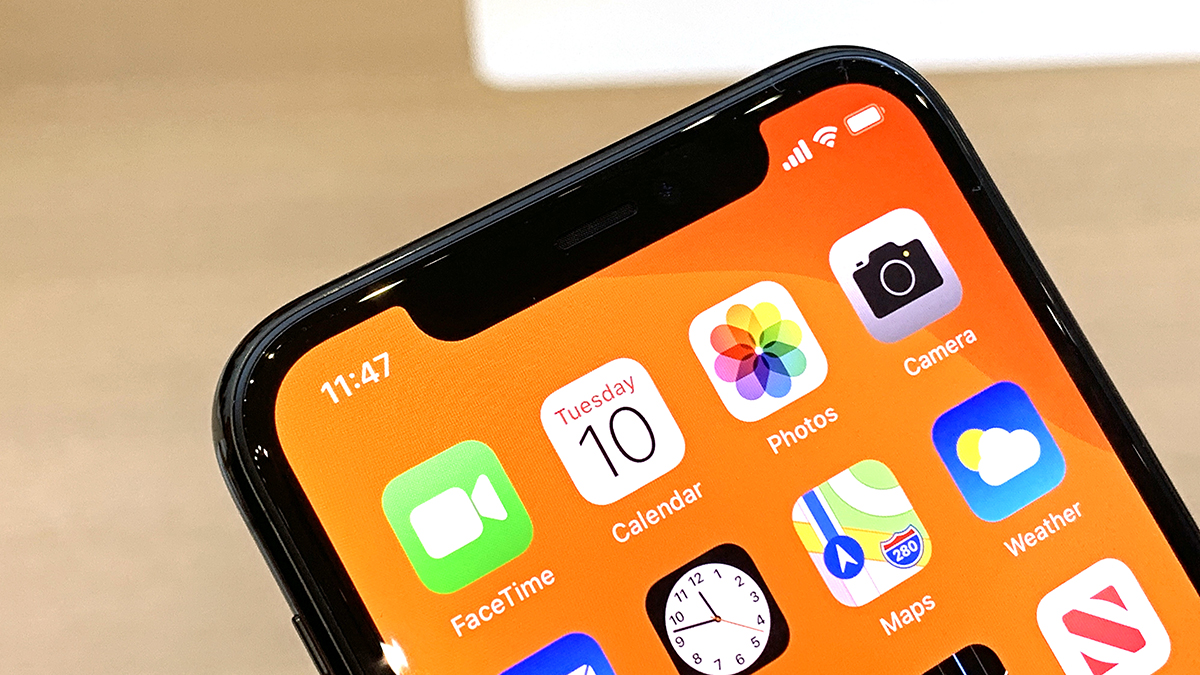iPhone 12 or iPhone 13 could make Face ID much more secure with this new tech
I've got you under my skin

Maybe the iPhone 12 or iPhone 13 won't miss out on Face ID as some have suggested - a recent patent shows Apple is still working to perfect this form of user recognition, with a clever way of telling users apart from their doppelgangers.
The patent, discovered by PatentlyApple and published on June 21, shows a way that Face ID could scan the veins in your head, instead of the surface-level facial features, to check a user really is who they say they are.
If we saw the patent in action on a phone, it would likely avoid one of the key problems phones with facial recognition have, in that they're not always that accurate. Many people report being able to unlock phones of similar-looking relatives or friends, which can be irritating if they're the people that you really don't want to see your phone in the first place.
- These are the best iPhones
- Check out our iPhone 11 Pro Max review
- The iPad Air 4 might be coming soon
So this feature (called 'Subepidermal Imaging') should be better at checking the person logging into a phone really is the owner, and not their irritating twin or somebody using some other trick to unlock the phone.
This would make the corresponding device a little more secure, as it's certainly pretty hard to fake someone's facial veins.
We've been here before
Subepidermal Imaging, or vein scanning, isn't entirely new to smartphones - it's just never really worked very well so far.
In 2019, for example, the LG G8 launched with the ability to scan the veins in your hand in order to unlock, but, as our reviewer said, "Hand ID tech is done in vein" - it didn't work too well. So if Apple's going to start pushing phones or tablets with the tech, it's going to need to ensure it works perfectly to get people on board.
Sign up for breaking news, reviews, opinion, top tech deals, and more.
Of course, the existence of a patent doesn't confirm Apple is actually going to implement this tech into a future product - it just shows the company is considering it, likely amongst many other possible Face ID improvements.
Even if it does come to a product, given that this patent has only just been granted, it's highly unlikely we would see this new tech in the iPhone 12, since that's not far out, but perhaps the iPhone 13 will get it.
Alternatively, it could find its way into an iPad Pro model, since they're bigger (so could fit more advanced cameras and chipsets to process the vein scanner) and typically appeal to the business-focused buyer who would really want top-notch security.

Tom Bedford joined TechRadar in early 2019 as a staff writer, and left the team as deputy phones editor in late 2022 to work for entertainment site (and TR sister-site) What To Watch. He continues to contribute on a freelance basis for several sections including phones, audio and fitness.